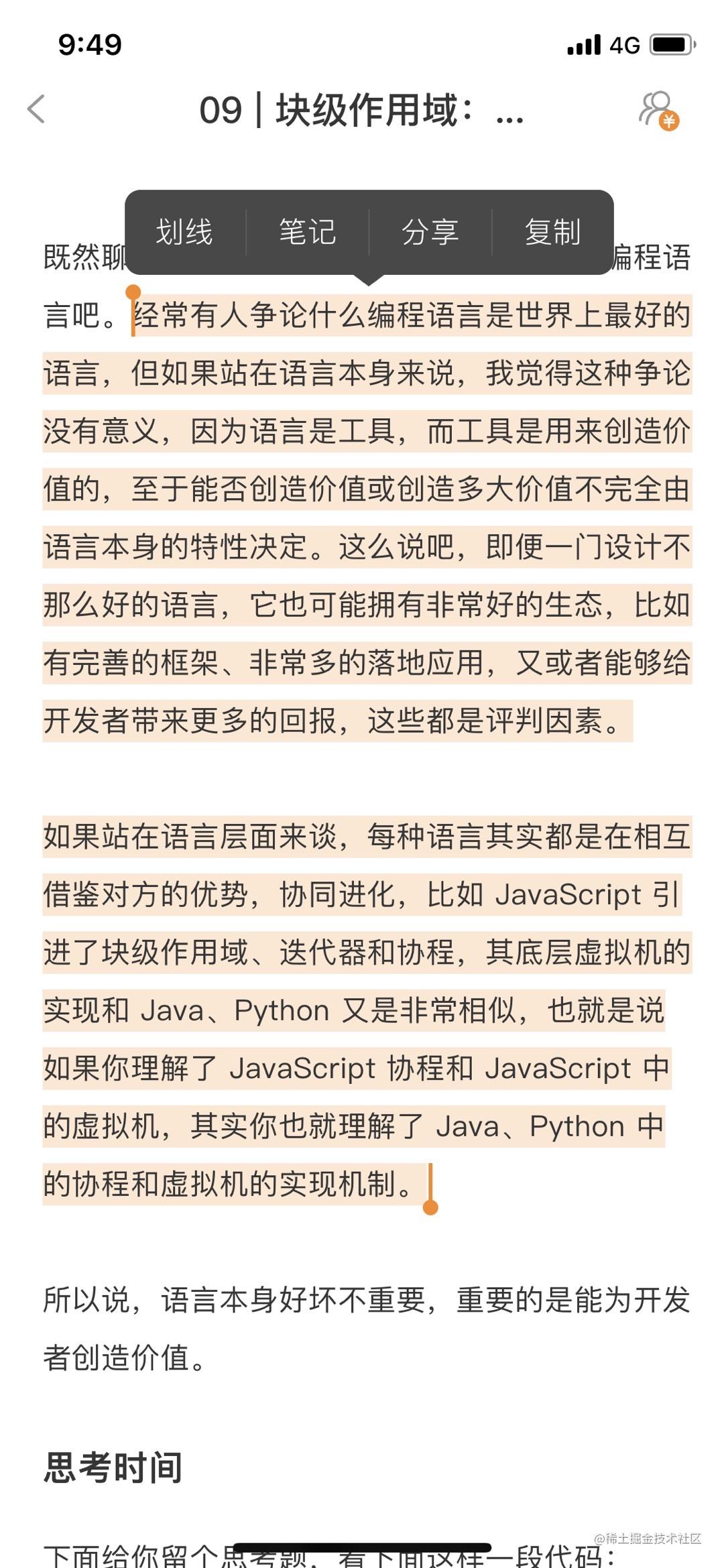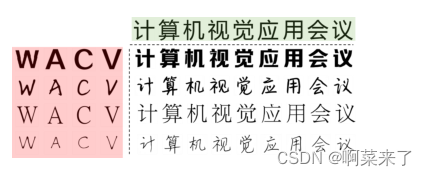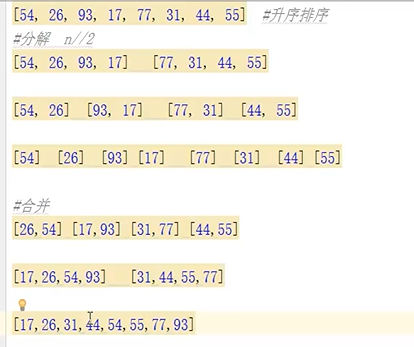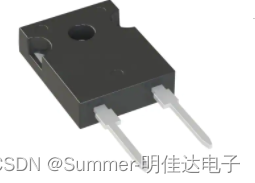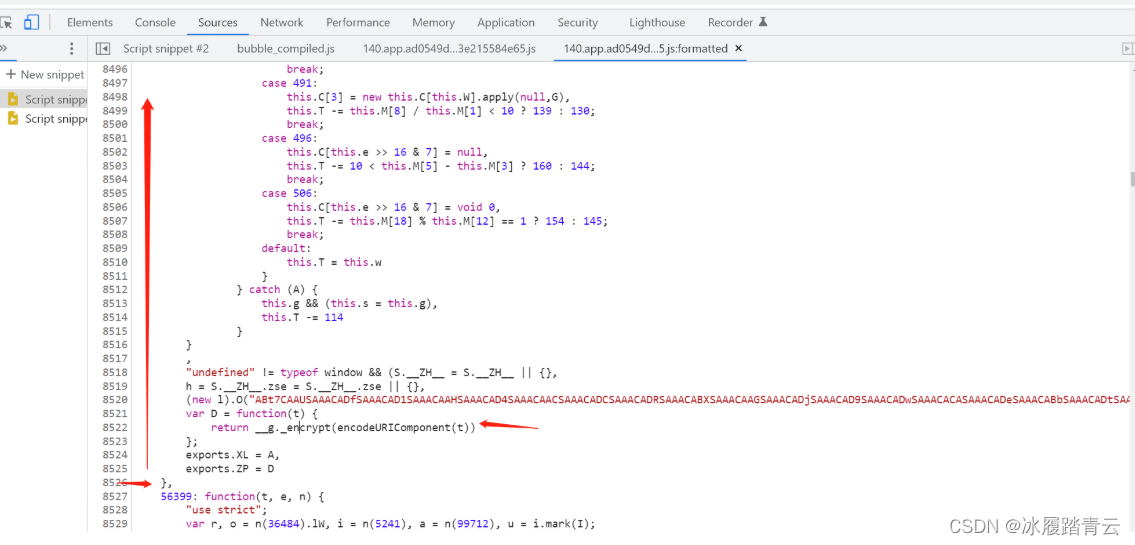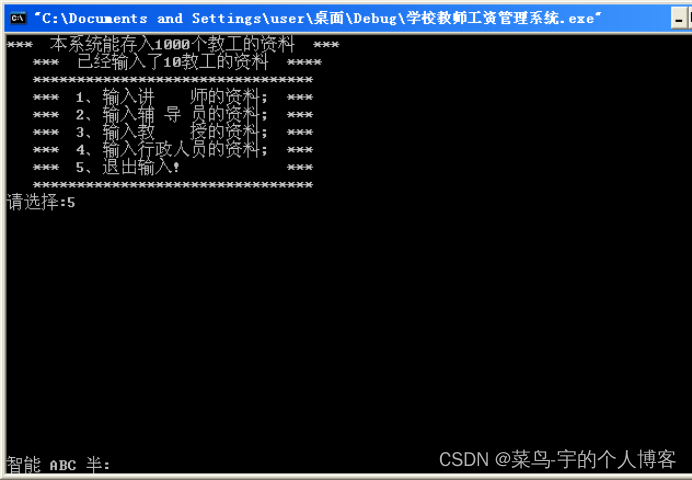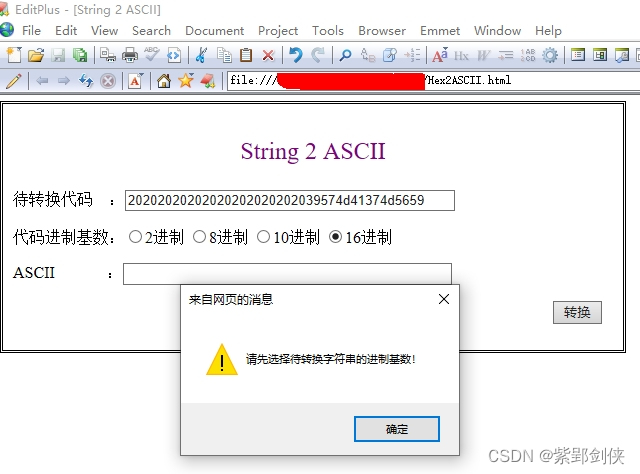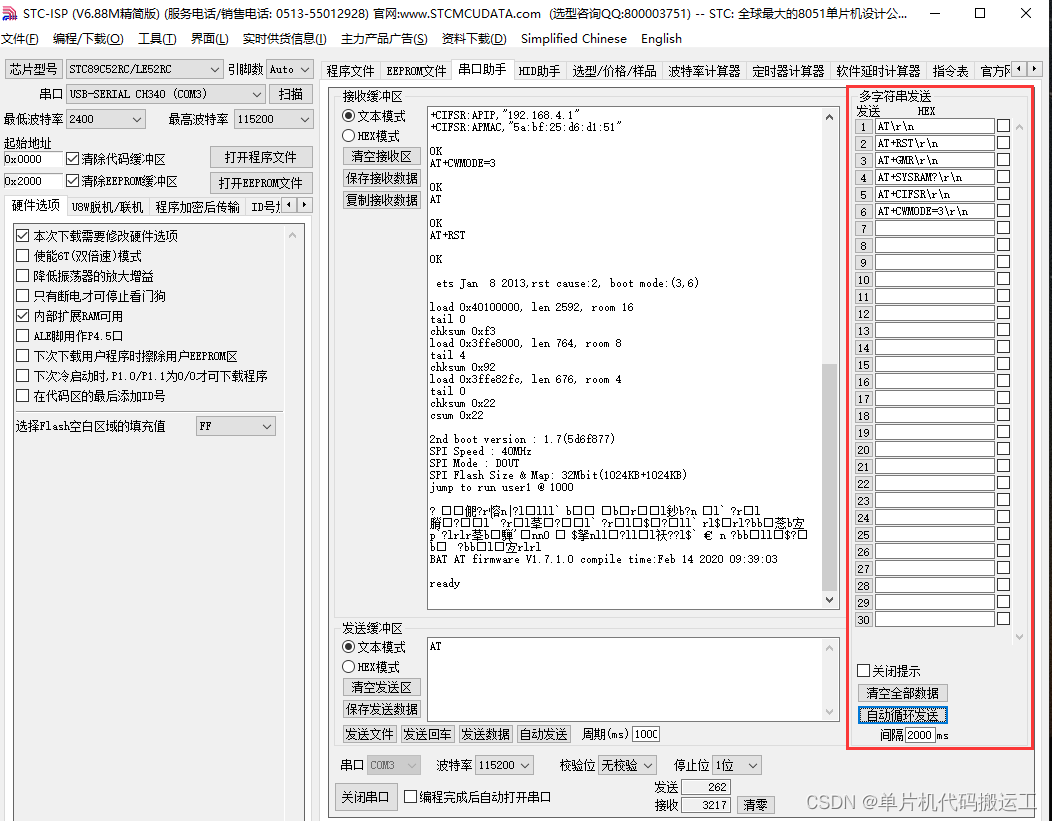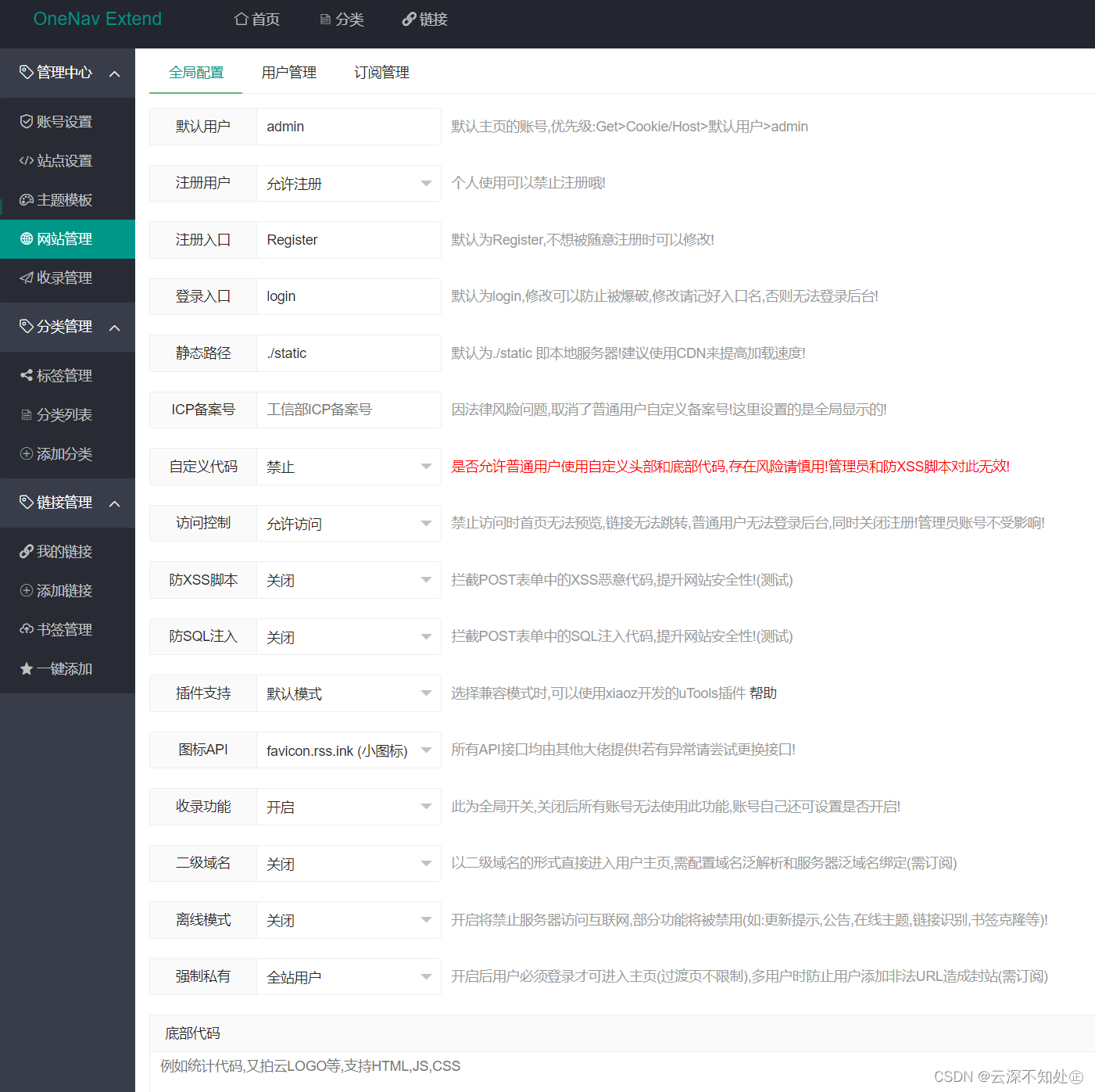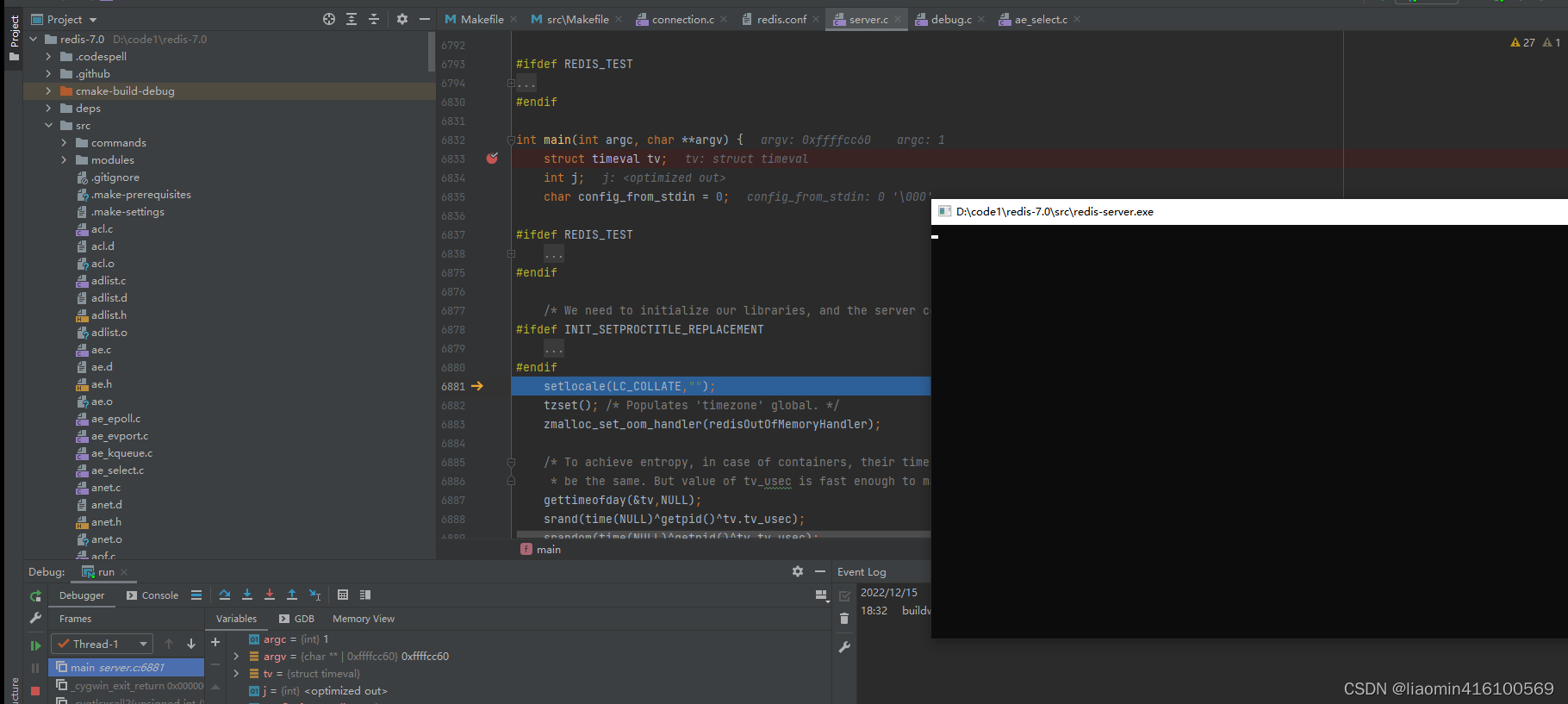前言
“如何摆脱不停切图的困局?”
这不是一篇制造焦虑的文章,而是充满真诚建议的Python推广文。
当谈论到编程入门语言时,大多数都会推荐Python和JavaScript。
实际上,两种语言在方方面面都非常强大。
而如今我们熟知的ES6语言,很多语法都是借鉴Python的。
有一种说法是 “能用js实现的,最后一定都会用js实现。”
那么这里可以说:“能跟python长得像的,最后一定会像python。”
1. Python和ES6语法差别
1. 基本类型

值得注意的是,尽管两者都是动态类型,但python连接时并不会自动转换类型。
// JavaScript
let coerced = 1;
let concatenated = coerced + 'string';
复制代码// Python
not_coerced = 1
concatenated = not_coerced + 'string'
复制代码直接报错:TypeError: cannot concatenate 'str' and 'int' objects
只有提前把num转换为字符串类型才能正确运行
# Python
not_coerced = 1
concatenated = str(not_coerced) + 'string'
复制代码2. Functions ormethods?
在JavaScript和Python中,函数和条件的结构极为相似。例如:
// JavaScript
function drSeuss(catInTheHat, thing1, thing2) {
if (catInTheHat == true &&
thing1 == true &&
thing2 == true) {
console.log('is cray');
} else if (catInTheHat != true) {
console.log('boring');
} else {
console.log('so boring');
}
}
复制代码# Python
def dr_seuss(cat_in_the_hat, thing1, thing2):
if cat_in_the_hat == True and
thing2 == True and
thing2 == True:
print 'is cray'
elif cat_in_the_hat != True:
print 'boring'
else:
print 'so boring'
复制代码但在JavaScript中,“methods”的通俗定义是指语言规范中内置的方法,例如:Function.prototype.apply()。
在MDN上有对二者的解释:
在大多数方面,Functions和methods相同,但有两个主要区别:
methods可以被隐式传递到调用该methods的对象上。methods能够对类中包含的数据进行操作。
然鹅,在JavaScript中,“类”只是语法糖的存在,稍后我们再进行对比。
3. 模板字符串
在模板字符串上,JavaScript之前是领先于python的。
// JavaScript
let exclamation = 'Whoa!';
let sentence = `They are really similar to Python.`;
console.log(`Template Literals: ${exclamation} ${sentence}`);
复制代码# python
print '打印: {} {}'.format('Whoa.', 'Quite!')
# 打印: Yup. Quite!
复制代码{}充当占位符。 这种语法被诟病颇多,于是在后来的Python3.6版本中,又提供了一种字符串格式化语法——f-strings。
直接对比:
name = "Tom"
age = 3
print(f"他叫 {name}, {age} 岁")
# "他叫Tom, 3 岁"
复制代码4. 参数默认值
JavaScript再次完美“借鉴”Python:
// JavaScript
function nom(food="ice cream") {
console.log(`Time to eat ${food}`);
}
nom();// Time to eat ice cream
复制代码# Python
def nom(food="ice cream"):
print 'Time to eat {}'.format(food)
nom() # Time to eat ice cream
复制代码5. 其余参数和* args
Rest参数语法,使我们可以将不定数量的参数表示为数组,传入函数中。
- 在
Python中,它们称为* args - 在
JavaScript中...xxx就表示为其余参数。
// JavaScript
function joke(question, ...phrases) {
console.log(question);
for (let i = 0; i > phrases.length; i++) {
console.log(phrases[i]);
}
}
let es6Joke = "Why does JS single out one parameter?"
joke(es6Joke, "Because it doesn't", 'really like', 'all the REST of them!');
// Why does JS single out one parameter?
// Because it doesn't
// really like
// all the REST of them!
复制代码# Python
def pirate_joke(question, *args):
print question
for arg in args:
print arg
python_joke = "What's a Pyrate's favorite parameter?"
pirate_joke(python_joke, "*args!", "*arrgs!", "*arrrgs!")
# What's a Pyrate's favorite parameter?
# *args!
# *arrgs!
# *arrrgs!
复制代码6. Classes:类
众所周知,ES6类实际上是语法糖。 Python具有内置的类,可以快速,轻松地进行面向对象的编程。
而JavaScript原型链继承,是每个前端的必须课。
// JavaScript
class Mammal {
constructor() {
this.neocortex = true;
}
}
class Cat extends Mammal {
constructor(name, years) {
super();
this.name = name;
this.years = years;
}
eat(food) {
console.log('nom ' + food);
}
}
复制代码# Python
class Mammal(object):
neo_cortex = True
class Cat(Mammal):
def __init__(self, name, years):
self.name = name
self.years = years
def eat(food):
print 'nom %s' % (food)
fry_cat = Cat('Fry', 7)
fry_cat.eat('steak')
复制代码平心而论,Python的写法更优雅。。。
7. Modules and import:模块
ES6的模块语言借鉴于python,却优秀于它。 两者之间有一些区别:
JavaScript导入是静态的;Python是动态的。JavaScript模块必须显式导出。在Python中,所有模块均可导入。JavaScript具有默认导出的概念。Python没有。
# python
import mymodule
mymodule.myfunc()
复制代码// javascript
import * as myalias from "./mymodule";
myalias.myfunc();
复制代码1. 导入分模块
在javascript中,我们想导入分模块直接解构赋值就可以了
// javascript
import { myvar, myfunc } from "./mymodule";
console.log(myvar);
myfunc();
复制代码而在python,其语义则相反:
# python
from mymodule import myvar, myfunc
print myvar
myfunc()
复制代码2. 导出空函数
如何想导出一段空函数,python需要用到“pass“关键词占位,避免运行出错。 mymodule.py:
# python
def myfunc(): pass
// javascript
export function myfunc() {}
复制代码更多详细对比可以看这篇: Modules and import in ES6 for Python developers
2. 前端如何优雅学会Python?
许多前端对Python的热情始于好奇,终于停滞。
距离实干做开发有技术差距,也无人指点提带,也不知当下水平能干嘛?就在这样的疑惑循环中,编程技能止步不前,而爬虫是最好的进阶方向之一。
网络爬虫是Python比较常用的一个场景,国际上,google在早期大量地使用Python语言作为网络爬虫的基础,带动了整个Python语言的应用发展。
就我个人发展而已,我也十分推荐以爬虫为应用入门,原因有几项:
- 爬虫是针对
web页面的一种应用技术,前端可以无痛衔接很多知识。 - 爬虫的第一步是获取页面源码,然后做信息抽取。其中针对
dome节点的class/id选择,前端无需再度学习。

- 爬虫中的虚拟登录及
Selenium,可以提升前端对于自动化测试的理解。 - 爬虫的最终形态是搜索引擎,当中的
SEO是每个前端都需要关注的点儿。 - 在了解搜索引擎爬虫的过程中,前端可以搞清楚服务端渲染
SSR和单页应用CSR的不同作用。
爬虫分两种方式:面向页面和面向接口
- 面向页面,前端自然轻车熟路。
- 面向接口,需要了解到如何用抓包软件(
Fiddler/Charles)。 - 在这过程中,又能学会一项技能 - 抓包。以后不用再看着
Network傻傻刷新了。
始于爬虫,却不止于爬虫:
爬虫—> 数据清洗 -> 数据库操作 -> 数据清洗 -> 数据挖掘 -> 数据分析 ...
这一条链下去,你可以学到非常非常多的知识:
Scrapy爬虫框架,Redis分布式事务,数据处理Pandas,自然语言分析NLP,完整实现数据可视化等等....
关于语言的讨论,我非常赞同李兵老师的这段话:
